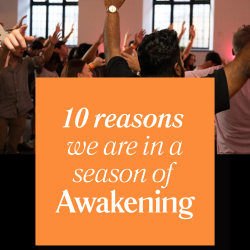
I have a friend from Northern Ireland who works for BBC 5Live.
He is well versed in most sports but had to learn a new language when it came to cricket. He didn't know a googly from a doosra and he was perplexed as to why a grown man was referred to as a duck when he was bowled a beamer and nicked a thick edge to long-off while on the pull...or something. His observation was that the game itself seemed very enjoyable but the terminology alienated new people unnecessarily. In fact, some people are so deeply entrenched in this cricket language they can't see it as jargon.
It is the same way with inviting new people to church.
Lots of students would like to #TryChurch if they are invited but we cannot assume that they know the jargon or internal language that is so often used in the church. Every church culture has its own special variety of Christianese - you might have chuckled at that phrases that are used in your own church. Someone doesn't necessarily know what it means to be "in the presence" or "feel called". If I say God "laid this on my heart", will I confuse people? Would someone who has never been to church know what a "tithe" is?
The most common question people asked at Freshers' Fairs this Autumn was "what do you actually do in a church?". The second question was "what day of the week do you meet?" so we cannot make assumptions.
In response to this I make two suggestions that might help us welcome all students into our churches.
- When you speak in church, imagine you've invited someone that you know who isn't a Christian. Everything you say, should be understandable to them.
- If you do use a term that someone might not understand, explain it in simple language.






